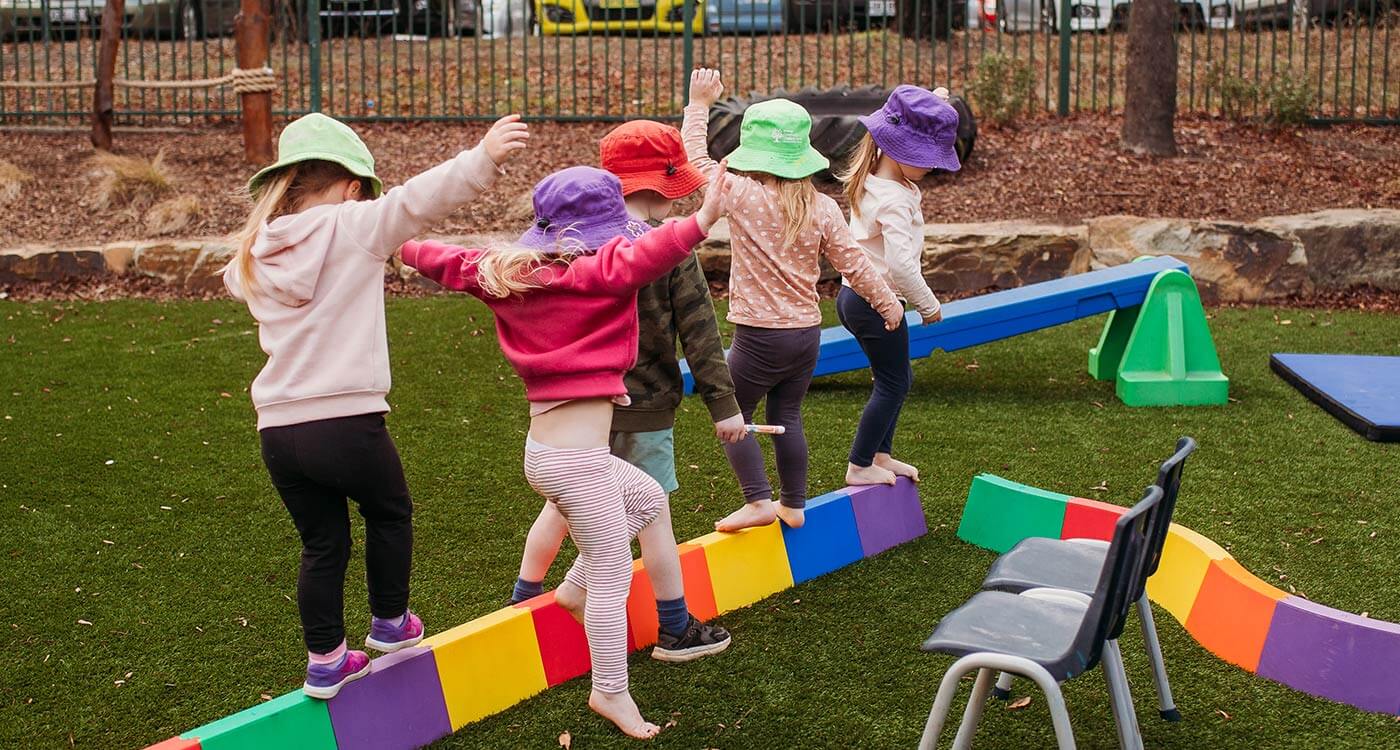Primary Care
Primary Caregiving works towards establishing a warm secure relationship with the child and sets up a partnership with the parents through communication and a shared understanding.
The Primary Caregiver is the person who will in the first instance be responsible to care for your child by forming a bond, to help settle your child into the Childcare setting. The primary carer looks after the Child’s needs, taking a key role in the child’s daily routines and interactions. The Primary Care giver also takes responsibility for communicating with the parents. However all the Educators in the room are responsible to help look after your child and are there to support both the Primary Caregiver and the child.
We work in partnership with you to provide a warm, caring and stimulating environment for your child. When your child transitions to another room you both will form a new relationship with the new primary carer/educator.
As a staff team, we believe that secure, nurturing relationships with caring adults enable children to build strong attachments, the foundation for all future learning. This is confirmed by recent brain research.
The Early Years Learning Framework
Fundamental to the Framework is a view of children’s lives as characterised by belonging, being and becoming. From before birth children are connected to family, community, culture and place. Their earliest development and learning takes place through these relationships, particularly within families, who are children’s first and most influential educators. As children participate in everyday life, they develop interests and construct their own identities and understandings of the world. (Belonging, Being & Becoming pg 7)
There are five Learning Outcomes within the Early Years Learning Framework. They are:
- Children have a Strong sense of identity
- Children are connected with and contribute to their world
- Children have a strong sense of wellbeing
- Children are confident and involved learners
- Children are effective communicators
Learning through play
Play provides opportunities for children to learn as they discover, create, improvise and imagine. When children play with others they create social groups, test out ideas, challenge each other’s thinking and develop new understandings. Play provides a supportive environment where children can ask questions, solve problems and engage in critical thinking. Play can expand children’s thinking and enhance their desire to know and to learn and thus promote positive dispositions towards learning. Children’s immersion in their play illustrates how play enables them to simply enjoy being. (Belonging, Being & Becoming pg. 15)
Play supports children’s sense of belonging, being and becoming and supports a child’s physical, social, emotional and intellectual development.
